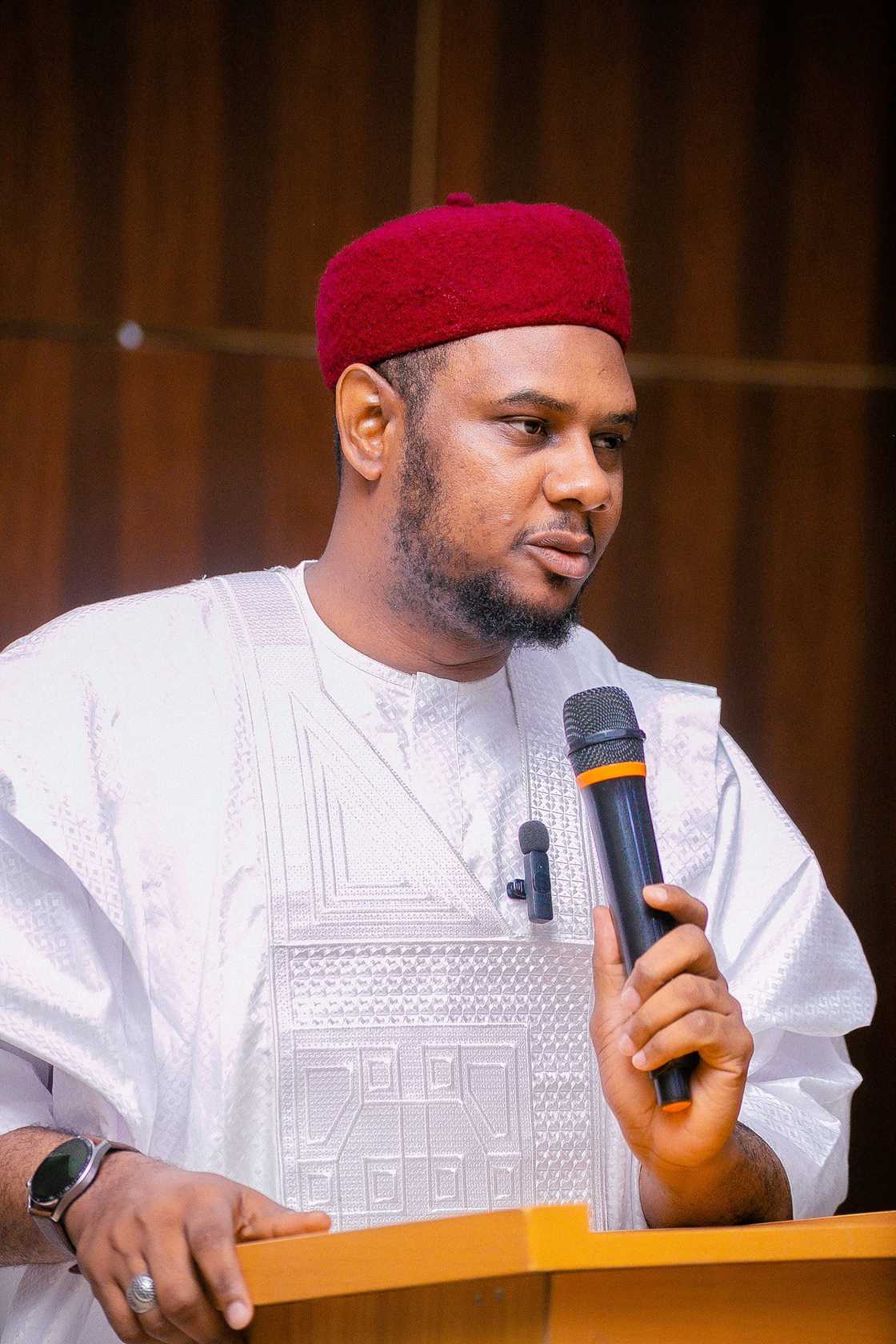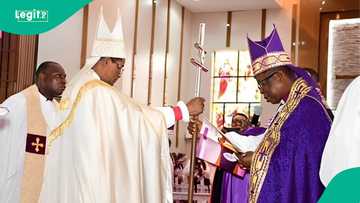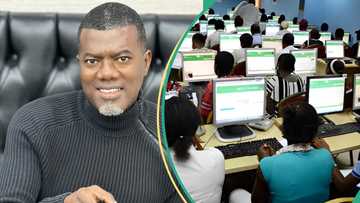The Intersection of Technology and Pilgrimage: An Interview with Dr Abdullahi Ahmed Bappah
As the State Commissioner for Technology in Gombe State, Dr. Abdullahi Ahmed Bappah brings a robust academic and public service background to his mission of advancing technology-driven innovation and policy reform. His primary focus areas are education and ICT, where he is championing initiatives that leverage e-governance and expand educational access, such as the BESTA programme, which aims to increase literacy among young girls.
Don't miss out! Join Legit.ng's Sports News channel on WhatsApp now!
During a recent visit to a local school, we sat down with Dr. Ahmed to discuss the government’s vision for technological progress in Gombe. In this interview, he shares his insights on how technology can be used to bring solutions to challenges in traditional industries like pilgrimage.

Q: Dr Ahmed, what are your main areas of focus in your current role as State Commissioner for Technology in Gombe State?
A: My focus is twofold. First, we're running the BESTA education programme to increase literacy among young girls, though we face significant challenges with community acceptance, particularly when working with Al-majri children who often choose street begging over schooling.
Our second focus is on ICT modernization. We’re looking at how to automate government work to reduce human activity due to limited resources, especially with the economic hardship everywhere. It’s difficult to employ 20 people when one system can do the same work. So, we’re working on e-governance to automate government activities across the state and even nationwide. Drawing from my experience studying in Russia, I've seen how effective automation can be, and we're using this approach to improve government efficiency despite our resource constraints.
Q: How important is pilgrimage infrastructure in Gombe State, where about 60-70% of the population is Muslim?
A: Nigeria is a deeply religious country, and pilgrimage holds immense significance, for both Muslims and Christians. For Muslims, pilgrimage to Saudi Arabia is a religious obligation, one of the five pillars of Islam. Many Nigerians make significant sacrifices, such as farming or selling livestock, to save up for the trip. While pilgrimage is deeply important, it isn’t necessarily accessible for everyone due to the high costs involved, although thankfully the government offers subsidies in this regard.
Q: How does technology play a role in making Hajj and Umrah more accessible?
A: There are two main challenges pilgrims face. One is tracking; many haven’t left their local areas before pilgrimage. For example, if you take someone from Gombe to Jeddah, it’s a new world for them, and it’s easy for them to get lost. Technology helps with tracking. Using GPS, we can locate pilgrims and set up boundaries. If they go beyond, perhaps with a GPS wristwatch, it can alert them.
Another challenge is currency exchange. Sometimes, they don’t know where to convert Naira to Riyal or Dollar, which can lead to trust issues. For example, a Fulani person might not trust someone who isn’t Fulani. But if I can speak their language, it makes it easier. That’s why I think companies like Umrah Cash are some of the best innovations I’ve seen in this space.

Read also
"Tinubu is failing": Emerging political party explains how they can tackle insecurity in 3 weeks
I would add a third: transportation. I’ve seen innovation in this direction also with fast trains from Jeddah to Medina, and Medina to Mecca, plus buses from the airport to holy sites. They also have shuttle buses, taxis, and even an Umrah drive service.
Q: What recommendations do you have for improving the pilgrimage experience?
A: I believe state governments should adopt platforms like UmrahCash to reduce the burden on pilgrims, especially during the Hajj season. If the National Hajj Commission embraces such technologies, it would ease currency exchange difficulties and protect pilgrims from misinformation and exploitation. Having local representatives assist pilgrims with these services would make the entire process much smoother and more secure.
Source: Legit.ng




